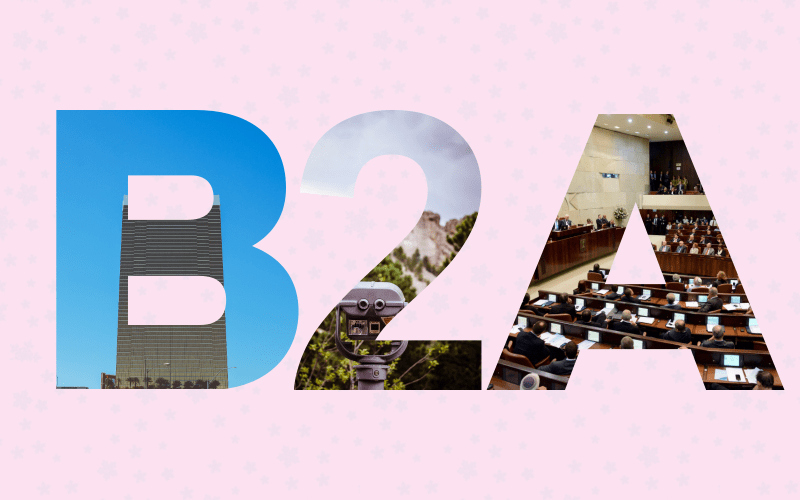6 Types Of Ecommerce Business Model In 2021
There are many Ecommerce Business Models being applied and bringing business to success. Ecommerce business models of all types are thriving. Ecommerce gradually becomes the trend of businesses. As we delve into the six types of ecommerce business models in 2021, it’s crucial not to overlook the importance of having a sound legal structure – it’s the spine of any operation. Whether you’re considering a B2B, B2C, C2C model, or others, setting up an LLC can give you legal protection and credibility. Make sure to use reliable llc services for establishing your ecommerce business, to ensure you’re on solid footing as you navigate the complex ecommerce landscape. We should not be out of trend. In this article, I would like to introduce the 6 Types Of Ecommerce Business Model In 2021.
Business-to-business (B2B)

B2B has been one of the most popular types of e-commerce in recent years. B2B, short for business-to-business, is the sale of goods and services between businesses via an online sales portal. It is used to improve the efficiency and effectiveness of a company’s sales efforts.
In a B2B business model, a business sells products or services to another business. Sometimes the buyer is the end user, but often the buyer resells to the consumer.
The customer in the B2B model here is not an individual, but a company, business or store. Therefore, it is possible that the value of the contract or order is usually very large, cannot be traded immediately on an e-commerce platform, but must sign an external contract (in case of need). With the rise of development using Magento, the chances for startups to boost their business are also grown. Magento B2B development should be put in high consideration to grow e-commerce businesses.
Business-to-consumer (B2C)

The Business-to-consumer model (B2C) is a business model from enterprises, companies to customers. Transactions between one is the business providing products or services and the other is the end consumer of that product or service. This is a fairly popular business model in the world.
In the B2C model, businesses approach and offer their products and services to individual consumers. B2C companies can offer a wide range of products and services to customers, such as vehicles, resort services, FMCG (fast-moving consumer goods), and more.
Consumer-to-business (C2B)

C2B stands for Consumer-to-business. A business model in which consumers create value and resell it to businesses. Contrary to the popular notion of B2C where firms provide goods and services to end consumers, C2B allows enterprises to extract value from consumers and vice versa.
In the C2B model, transaction-related roles must be established and consumers must provide value to the business.
Consumer-to-consumer (C2C)

C2C (Consumer-to-consumer) is a business model in which the buyers and sellers are both individuals. Usually, this transaction will be done in an online environment, through a third party online intermediary selling platforms, or intermediary auction websites.
Main activities in the C2C model: Auction, Exchange, Support Services, Selling virtual assets,…
Business-to-administration (B2A)

Business-to-administration (B2A), also known as business-to-government (B2G), refers to all transactions between companies and public administrations or government agencies. Government agencies use central websites to trade and exchange information with various business organizations. This is an area that involves many services, particularly in areas such as social security, employment, and legal documents.
Businesses that are accustomed to interacting with other businesses or directly with consumers often encounter hurdles when working with government agencies. Layers of regulation can harm the overall efficiency of the contracting process, and thus, governments tend to take more time than private companies to approve and begin work on a given project.
Consumer-to-administration (C2A)

Consumer-to-administration (C2A) e-commerce encompasses all electronic transactions between individuals and public administration. The C2A e-commerce model helps the consumer post their queries and request information regarding the public sector directly from their local governments/authorities. It provides an easy way to establish communication between the consumers and the government.
Examples of C2A include taxes (filing tax returns), health (scheduling an appointment using an online service), and paying tuition for higher education.
You can read more useful post like Top 5 Ecommerce Platforms For Small Business.
This is the end of the 6 Types Of Ecommerce Business Model In 2021.
Follow us for the more helpful posts!
We hope this is a useful post for you.
Thank you for reading!
